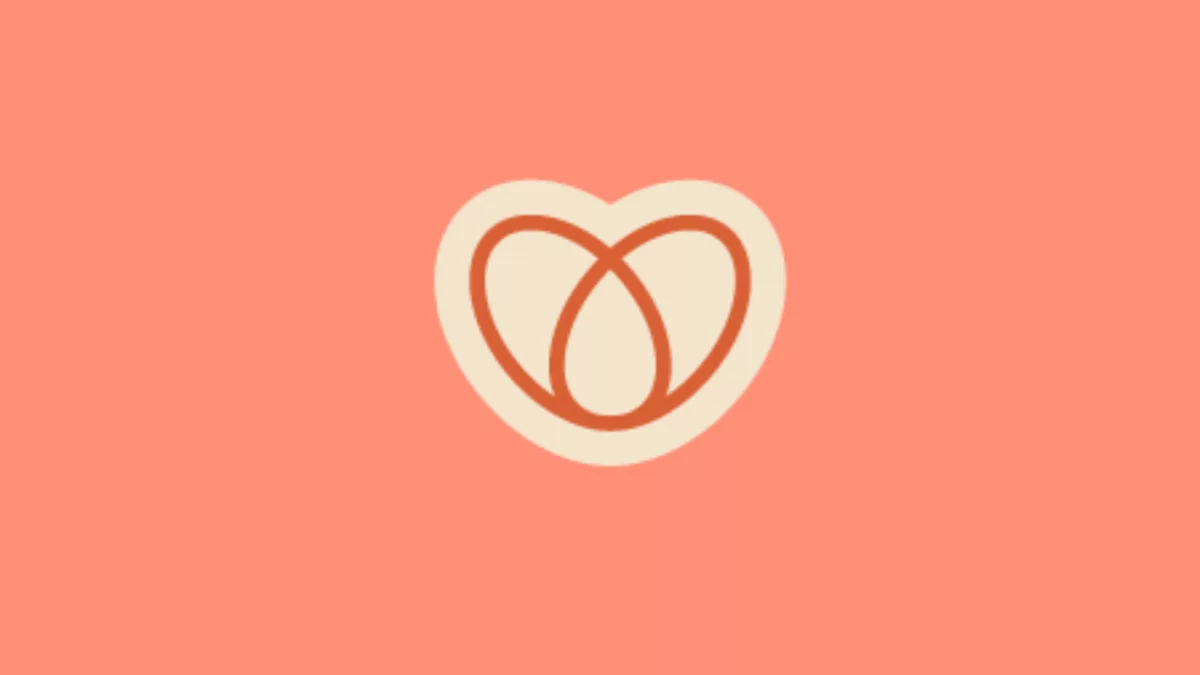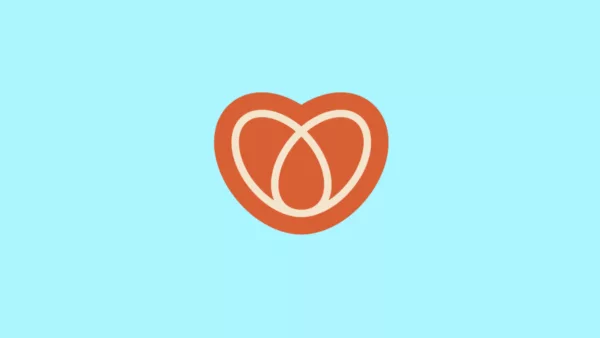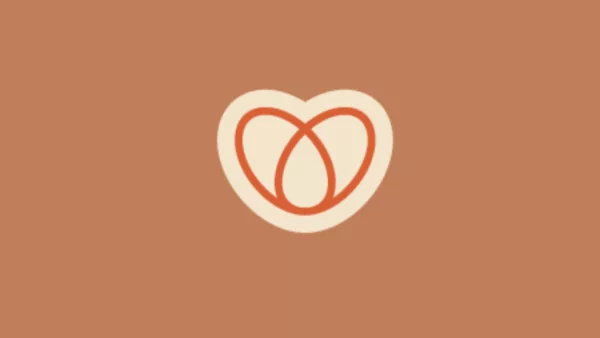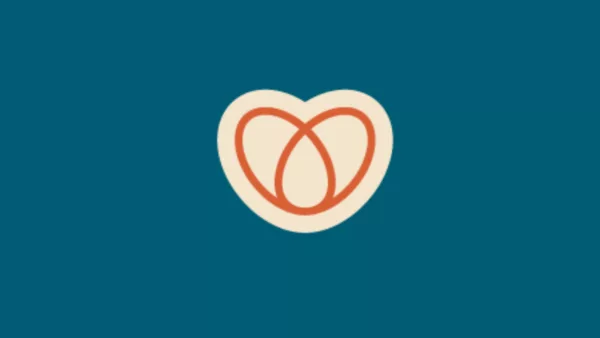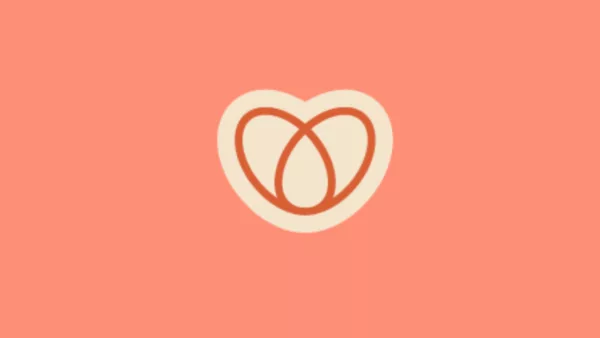This unexplained infertility story is proudly brought to you in partnership with Capsule x Fertility Associates
Eleesha Chetty never, in a million years, thought she’d have trouble conceiving.
With no other health issues and no family history of infertility, she and husband Avelin just assumed that when they decided to try for a baby, things would happen ‘as they should’.
But Eleesha and Avelin had no idea they were suffering from what might just be the most frustrating thing a fertility doctor can tell you – “unexplained infertility”.
“Trust me, that’s the last thing you want to hear!” says Eleesha. “It would have been so much easier to have had a reason as to why, even if it was tough.”
But as she chats to Capsule in between her three-month-old daughter Aahana’s naps, Eleesha says women in her position have more options than they might think.
Her and Avelin’s story begins in March 2020 – yup, THAT month – when the couple, who have been together for 10 years, decided it was time to grow their family.
“I mean, nothing else to do but try for a baby, right!?” Eleesha laughs. “I was turning 29 at the time, it was the right time and why not try and see what happens!”
But while lockdowns gave them the luxury of time, it also marked the start of a long, stressful and at times traumatic road for the pair. It was after about six months of trying that Eleesha and Avelin had their first inkling that something might not be right.
“I thought maybe we should see a doctor to get a bit more information, like what a realistic timeline of what’s supposed to be happening and if there’s anything we should be doing differently. The GP said it can take up to a year, but didn’t really give us any answers, but they did say we had to show that we’d been actively trying for a year before they’d refer us.”
What followed were month after month of “heartbreak while they waited out the six remaining months, which were compounded by restrictions in the healthcare sector due to Covid. It was then that Eleesha’s mental health first took a hit.
“At that point you just spiral – there’s a lot of self-blame, and then comes this real primitive thinking that, you know, you’re a woman – you’re supposed to be able to do this, which I know is so ridiculous, but I couldn’t help it.”
A referral was finally made but due to the backlog of patients, Eleesha was warned it could take months, until she saw an ad online for Fertility Associate’s free nurse consultations.
“I don’t know if Facebook was listening, but the algorithm really came through for me,” she laughs.
From their free nurse consult the couple proceeded for a doctor consultation, who, after tests, confirmed that Eleesha and Evelin are in that frustrating group of “unexplained infertility”.
“It messes with your mind so much when you don’t have a reason – and you go to the ‘what did I do wrong?’ place. Your logical brain goes out the window,” Eleesha says. “But the doctor gave us some options for unexplained infertility– ovulation induction, an IUI and IVF.”
They chose ovulation induction first, the most ‘natural’ scientific treatment which uses hormones to stimulate egg development and release. But after multiple cycles – including a round when we went back into lockdown – Eleesha still wasn’t pregnant.
“I eventually said, ‘I’m done with this – let’s do IUI,” says Eleesha. “I could have done more unmonitored cycles but I just couldn’t do it anymore and have month after month of phone calls that told me I wasn’t pregnant. Mentally, I couldn’t handle it any more.”
So they embarked on IUI, with the scans, follicle and sperm all looking good – but again, they had no luck. So Eleesha and Avelin decided to go straight to IVF.
“But because medically there was nothing *wrong* with us, we didn’t qualify for any funding, however we were able to pay a lump sum for three rounds of IVF with Fertility Associates – and if it doesn’t happen at all, you get 70% of our money back.”
Eleesha had 17 follicles, with all 17 containing eggs. Seven of them then fertilised, and then it was a waiting game until day five to see how many of them reach the crucial ‘blastocyst’ stage. Eleesha and Avelin ended up with six, and after a few weeks after seeing their future daughter as just a few cells, the transfer happened.
“It was so emotional, you can’t describe it,” Eleesha said. And then, the news she’d been longing to hear.
“I don’t know what it was, but I just KNEW that it had worked,” she nods. “I can’t describe it but it felt so different this time. I knew that we had our baby now. So we waited for the blood test, and then I got the call – the nurse said ‘congratulations’ and I cried. I cried and I jumped up and down around the whole house, I didn’t know what to do with myself!
“It was really hard at times, but it was all so worth it in that moment.”
Now three months old, Aahana is the apple of her mum and dad’s eye. “For the longest time it just didn’t feel real – it was like I was going to have to give her back or something!”
But with every sleepless night comes the welcome realisation that her precious bub is truly hers – and just because she was a MUCH longed-for child, it doesn’t mean that the first few months of motherhood are easy!
“It’s not as easy as the movies make it out to be! I’m coming to that realisation that your time, your life isn’t yours right now – your life revolves around this tiny little human, and that’s an adjustment. It’s hard – you want time for yourself, and I think I found it really tough looking at my husband – he gets to go to work or to golf, and I’m like, I’m on call every hour!
“You’d give everything to make sure they’re ok, but you completely 100% lose your sense of self, you know – whether you conceive naturally or if you need some help!”
But, beyond the usual struggles of the first-time mum, Eleesha says she couldn’t be happier, and if she were to offer any advice to other women struggling with conceiving, it’s to talk to people about it.
“I isolated myself, and I didn’t need to. I know what it’s like when people ask you when you’re having kids and you just want to cry. I know what it’s like when you get your period every month and you want to cry some more. But I didn’t talk to anyone about it and it was so exhausting.
“There’s more options than you think.”
And little Aahana is proof of that!


